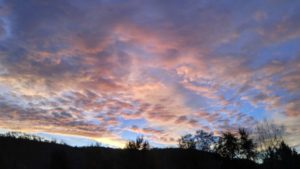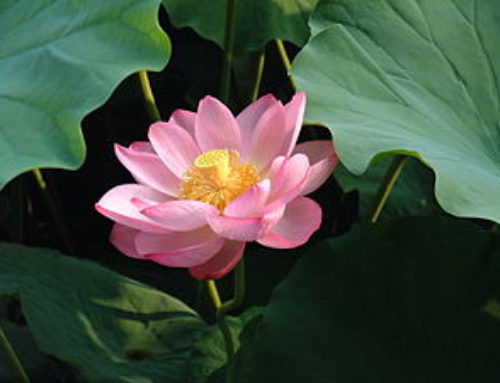 PRAJÑATARA: BODHIDHARMA’S MASTER by Rev. Koten Benson
PRAJÑATARA: BODHIDHARMA’S MASTER by Rev. Koten Benson
Lewis BrightHeart Headrick
January 11, 2016
When Rev. Jiyu-Kennet was in Japan, Koho Zenji told her that there were women masters in our direct ancestral line and she gave me the task of trying to find them. The following is the result, thanks in large part to monks of the Korean Zen tradition, as well as laypeople from the Indian state of Kerala who have handed down and treasured the memory of Prajñatara. Bodhidharma’s master, Prajñatara, was originally a homeless person who wandered all over eastern India. Nobody knew her name or where she came from, because she was an orphan who did not even know her own name. She called herself Keyura, which means “bracelet” or “necklace,” and made her living by begging. One day, she encountered the great master Punyamitra, who was from southern India. Remembering the Dharma connection between them from previous existences, she became his disciple. Punyamitra considered her to be a manifestation of the bodhisattva Mahastamaprapta (Great Strength of Compassion). Keyura renounced the world, taking the ordination name of Prajñatara. She became a great and accomplished master, known for her marvelous spiritual abilities: a great Mahayana yogini (one who has realized true union with Great Compassion), an accomplished siddhi (one with all the spiritual powers), and for having the divine eye: seeing far and near, past and future. Although she was considered to be head of the Sarvastivadins, her teaching was not limited to any one of the philosophical schools of Buddhism then in existence, and she made use of the Lankavatara Sutra as her main teaching scripture. When the Hun invasions of northern India caused widespread havoc in the 4th and 5th centuries, destabilizing the Gupta Empire, Prajñatara traveled south to the home country of her master Punyamitra. She was invited to teach in Kanchipuram, the capital of the Pallava dynasty of South India, by the reigning king Simhavarman. Bodhitara, the king’s youngest son, caught her attention due to his spiritual abilities. After the death of his father, Prajñatara helped him to become a fully ordained monk and gave him the name Bodhidharma. She trained him in all aspects of meditation and told him of his karmic affinity with the people of China. She predicted the eventual demise of the Dharma in India and advised Bodhidharma to go to China after her death. Prajñatara passed away at the age of 67 amidst many wondrous signs. The stupa erected in her memory was revered for many generations thereafter. When the time was right, Bodhidharma boarded a boat for China from the great port of Mahabalipuram on the east coast of southern India. He left behind Prajñatara’s disciples, including Buddhasena, and his own disciple, Visvamitra, to carry on the lineage in India. Bodhidharma took the usual sea route used by traders and travelers of the period, including many Buddhist monks headed for the great sutra translation centers in China. A colleague of his, the monk Bodhiruci, had made the trip a number of years before and had become the abbot of Shaolin Monastery, built by the Chinese emperor to accommodate Indian monks. The knowledge that Bodhidharma had a woman master seems to have been lost in China after a few generations, because in written Chinese, gender is inferred from context rather than stated explicitly. Prajñatara’s gender and details about her life have been established from three different sources. First, archaeological discoveries have confirmed the existence of this great woman teacher in southern India. Second: the historical and oral traditions of the people of the state of Kerala provide details about the lives of both Prajñatara and Bodhidharma. Third, information transmitted through the Zen lineages of Korea confirm the information. Rev. Koten Benson was ordained by Rev. Jiyu-Kennett in 1978 and named as a Dharma heir and Buddhist master in 1983. He served as her research assistant and her official biographer. He is the prior (resident teacher) at Lions Gate Buddhist Priory, PO Box 701, Lytton, BC, Canada V0K 1Z0, Canada. This article was originally published in the Priory’s newsletter.
